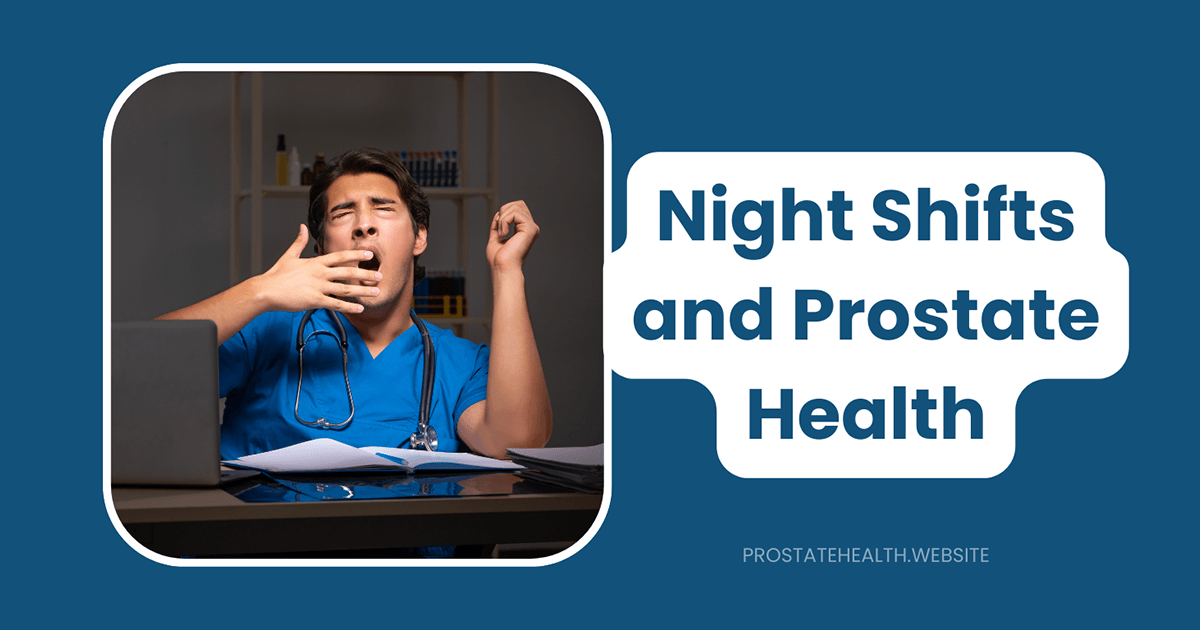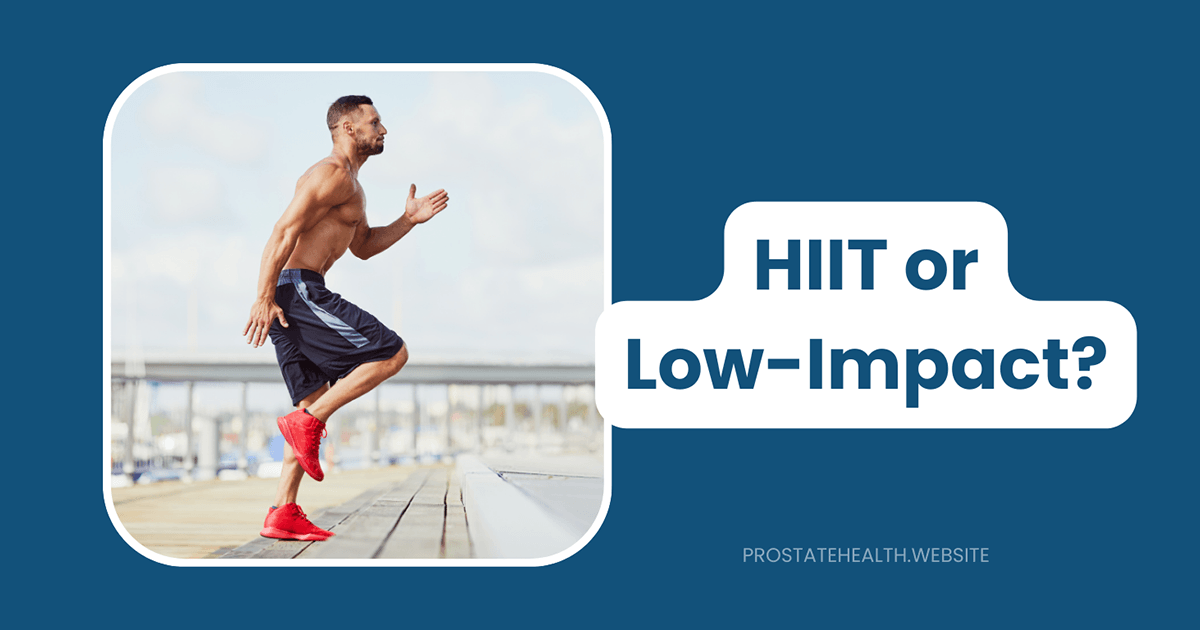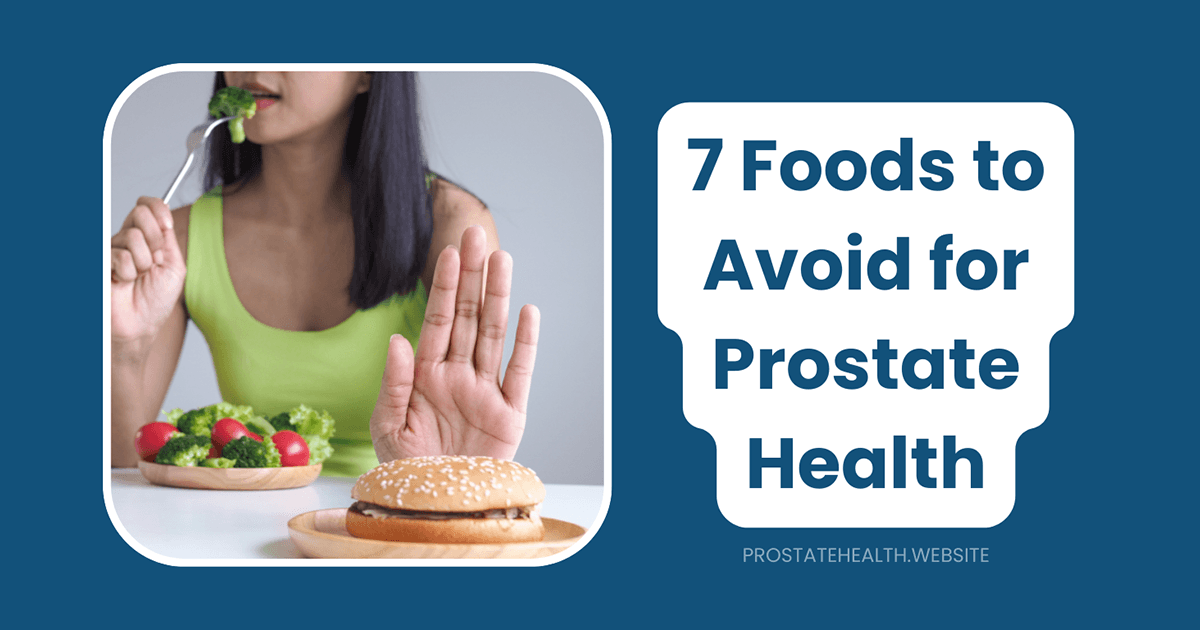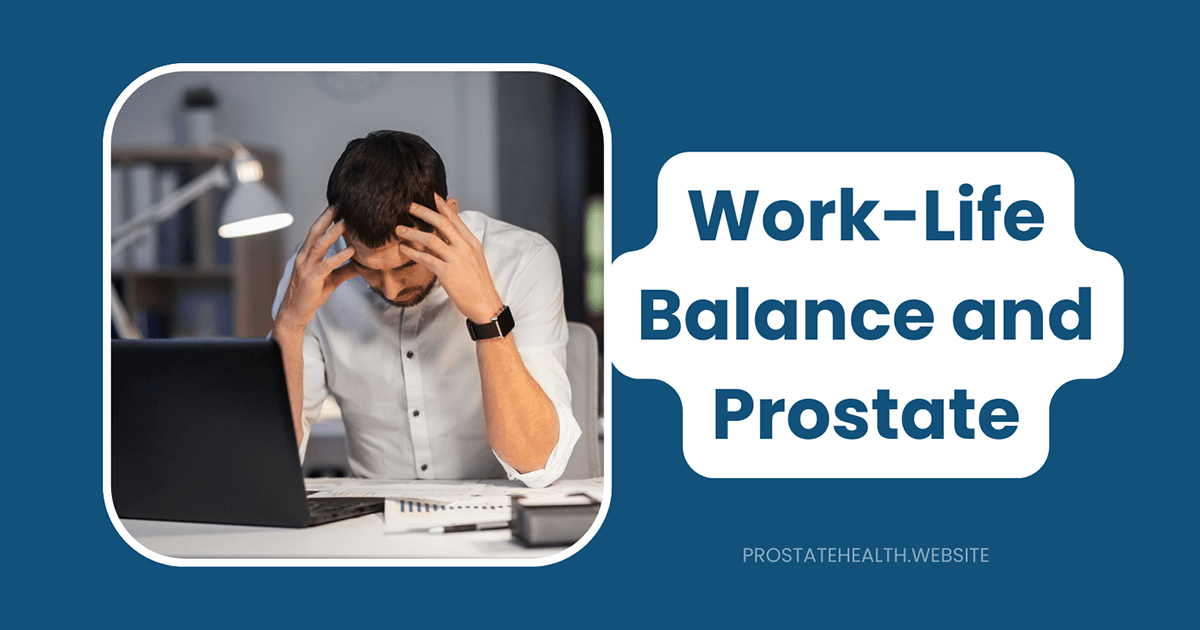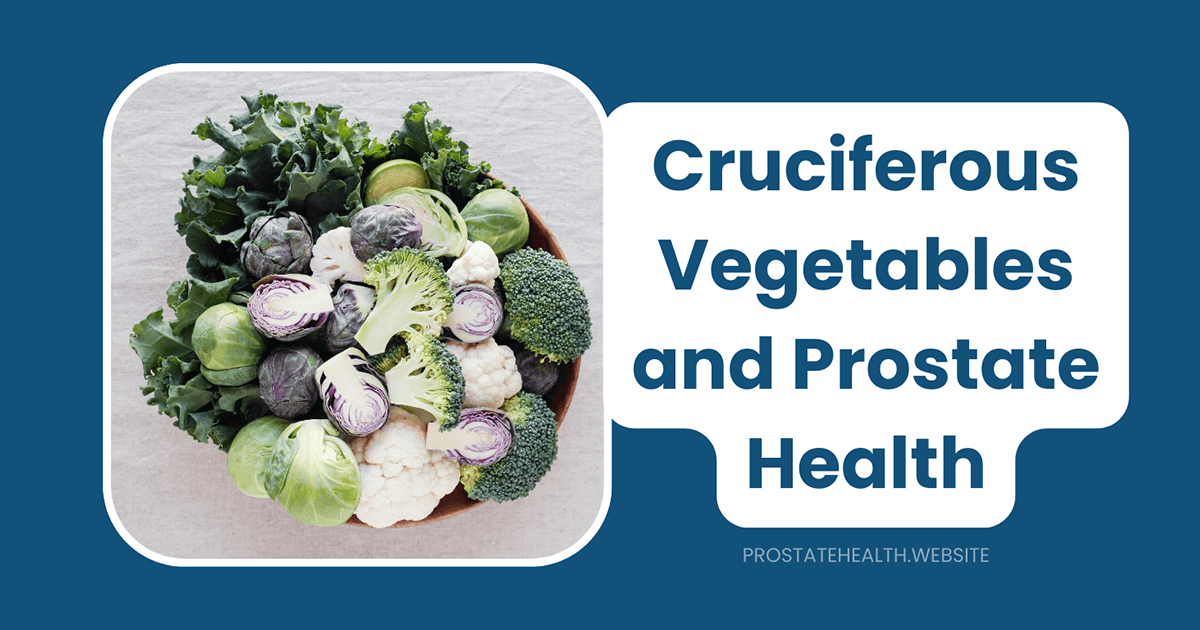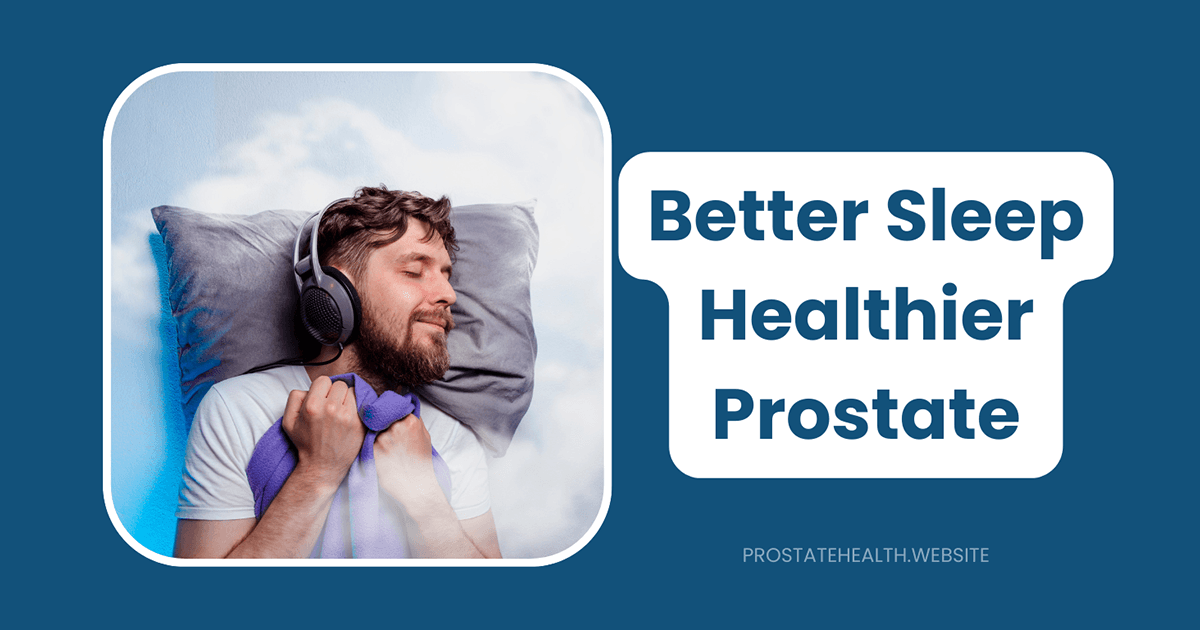Alcohol Consumption and Prostate Health: Finding the Right Balance
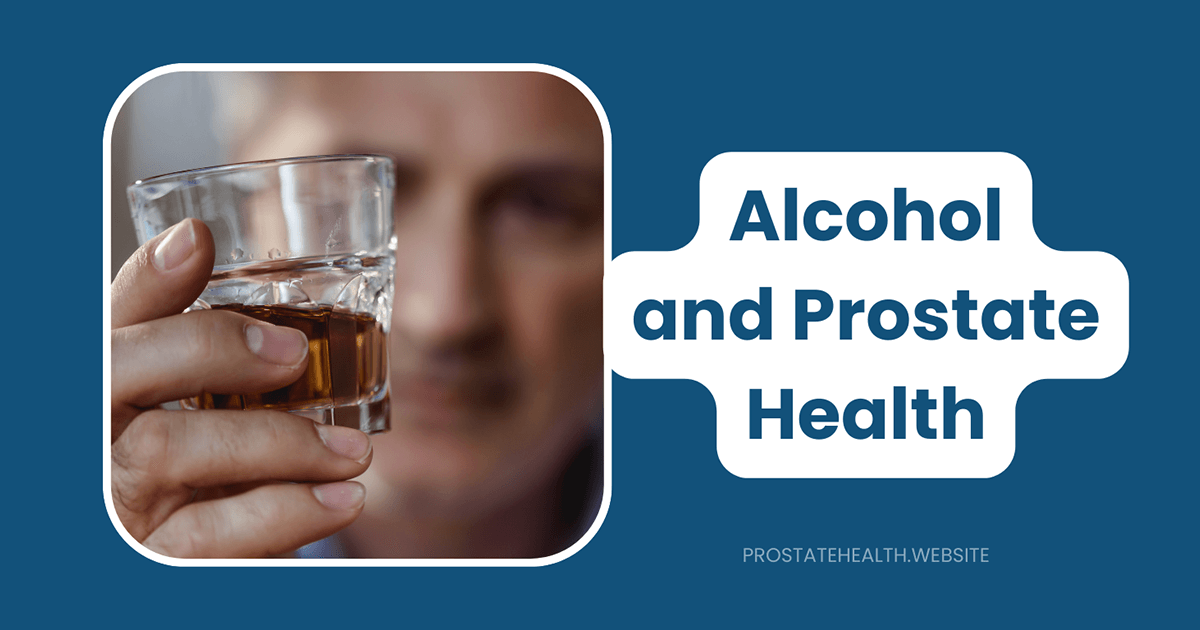
As men, we often face conflicting messages about alcohol. One study suggests a glass of red wine might be good for heart health, while another warns about increased cancer risks. When it comes to our prostate—that small but mighty gland that becomes increasingly important as we age—the relationship with alcohol becomes even more complex.
I’ve spent years researching this topic and talking with countless men about their concerns. Today, I’m breaking down what we really know about alcohol and prostate health, so you can make informed decisions that work for your lifestyle and health needs.
The Prostate and Alcohol: Understanding the Relationship
Before diving into recommendations, let’s understand how alcohol actually interacts with your prostate gland.
The prostate sits just below the bladder, surrounding the urethra—the tube that carries urine and semen out of the body. This walnut-sized gland produces fluid that nourishes and protects sperm, playing a crucial role in reproductive health.
When alcohol enters your system, it affects the prostate in several key ways:
1. Diuretic Effects
Alcohol is a powerful diuretic, meaning it increases urine production and can exacerbate urinary symptoms in men with prostate conditions.
Dr. James Wilson, urologist at University Medical Center, explains: “Many men with enlarged prostates already struggle with frequent urination. Alcohol can worsen this by increasing urine production while potentially irritating the bladder, creating a perfect storm for nighttime bathroom trips.”
2. Inflammatory Response
Research published in the Journal of Urology suggests that alcohol can trigger inflammatory responses in the body, including the prostate gland. For men with prostatitis (inflammation of the prostate), alcohol consumption may worsen symptoms and prolong recovery.
3. Hormonal Disruption
Alcohol doesn’t just affect your liver—it impacts your entire endocrine system. Studies show that chronic alcohol consumption can alter testosterone levels and other hormones that influence prostate health.
According to a 2023 study, “Chronic alcohol consumption can disrupt the hypothalamic-pituitary-gonadal axis, potentially creating hormonal imbalances that may influence prostate cell growth and function.”
Alcohol and Specific Prostate Conditions
Different prostate conditions may be affected differently by alcohol consumption. Let’s break it down:
Benign Prostatic Hyperplasia (BPH)
If you’re among the 50% of men over 50 dealing with an enlarged prostate, alcohol deserves special attention.
Research indicates that alcohol can:
- Increase urinary frequency and urgency
- Disrupt sleep patterns due to nighttime urination
- Potentially worsen inflammation associated with BPH
James, 58, shared his experience: “I used to enjoy several beers watching football on weekends. After my BPH diagnosis, I noticed I couldn’t make it through a quarter without rushing to the bathroom. Cutting back to just one drink made a noticeable difference in my symptoms.”
Prostatitis
For men dealing with prostatitis—especially chronic prostatitis/chronic pelvic pain syndrome—alcohol can be particularly problematic.
A survey of prostatitis patients found that 64% reported symptom flare-ups following alcohol consumption, particularly with beer and spirits.
Dr. Sarah Chen, specialist in men’s urological health, recommends: “During active prostatitis flares, complete alcohol avoidance gives the prostate the best chance to heal. Once symptoms improve, some patients can tolerate minimal amounts of certain alcoholic beverages, particularly red wine which has lower irritant properties.”
Prostate Cancer
The relationship between alcohol and prostate cancer is where research gets particularly interesting—and sometimes contradictory.
Recent findings from the Prostate Cancer Prevention Trial suggest:
- Light to moderate drinking (1-2 drinks per day) shows inconsistent associations with prostate cancer risk
- Heavy drinking (3+ drinks daily) and binge drinking patterns are associated with increased risk of aggressive prostate cancer
- Men who began drinking heavily in their teens and continued through midlife showed approximately three times higher risk of developing high-grade prostate cancer
For men already diagnosed with prostate cancer, the Prostate Cancer Foundation now recommends limiting or eliminating alcohol consumption, particularly during treatment.
Finding Your Balance: Practical Guidelines
So what does all this research mean for your daily life? Here’s my practical advice based on both scientific evidence and years of working with men navigating prostate health:
If You Have No Current Prostate Issues:
- Consider moderation: Limiting alcohol to 1 drink per day aligns with current health guidelines and appears to pose minimal risk to prostate health.
- Choose wisely: If you do drink, red wine contains resveratrol and antioxidants that may offer some protective benefits compared to other alcoholic beverages.
- Stay hydrated: Drink plenty of water, especially when consuming alcohol, to minimize irritation to the urinary tract.
- Monitor changes: Pay attention to how your body responds to alcohol, particularly any changes in urinary patterns.
If You Have BPH or Prostatitis:
- Track your triggers: Keep a symptom journal to identify whether certain types or amounts of alcohol worsen your symptoms.
- Consider a trial period: Try eliminating alcohol completely for 3-4 weeks, then gradually reintroduce in small amounts if desired, noting any symptom changes.
- Timing matters: If you do drink, avoid alcohol in the evening to reduce nighttime urination.
- Medication interactions: Discuss with your doctor how alcohol might interact with any prostate medications you’re taking.
If You Have Prostate Cancer:
- Consult your oncologist: Individual recommendations may vary based on your specific diagnosis, treatment plan, and overall health.
- Consider abstinence: Growing evidence suggests that eliminating alcohol may be beneficial during prostate cancer treatment.
- Focus on alternatives: Explore satisfying non-alcoholic beverages that can fulfill the social aspects of drinking without the health concerns.
Beyond Alcohol: A Holistic Approach to Prostate Health
While managing alcohol consumption is important, it’s just one piece of the prostate health puzzle. For optimal prostate function, consider:
- Anti-inflammatory diet: Incorporate tomatoes, fatty fish, green tea, and plenty of vegetables. Research shows that diet plays a crucial role in prostate inflammation.
- Regular exercise: Studies indicate that moderate physical activity can reduce BPH symptoms by up to 25% while potentially lowering prostate cancer risk.
- Stress management: Chronic stress can worsen prostate inflammation. Techniques like meditation, deep breathing, and adequate sleep can help manage stress levels.
- Regular screenings: Depending on your age and risk factors, discuss appropriate prostate screening schedules with your healthcare provider.
Real Men, Real Experiences
Throughout my years advocating for men’s health, I’ve collected countless stories about how alcohol affects different men’s prostate health. Here are a few perspectives:
“After my prostatitis diagnosis, I switched from my nightly scotch to herbal tea. Within two weeks, my pelvic pain decreased significantly. Now I save alcohol for special occasions only, and in small amounts.” – Robert, 47
“I was diagnosed with BPH at 55. I didn’t want to give up my weekend social drinking completely, so my urologist and I worked out a compromise—I limit myself to one glass of red wine, drink extra water, and take my BPH medication consistently. This balance works for me.” – Thomas, 61
“When I was diagnosed with prostate cancer, I decided to eliminate alcohol completely during treatment. It was one factor I could control in a situation where I felt I had little control. Three years cancer-free now, and I occasionally enjoy a beer, but my relationship with alcohol has permanently changed.” – Miguel, 64
The Bottom Line: Personalized Decisions
The research on alcohol and prostate health continues to evolve, but one thing is clear: there’s no one-size-fits-all recommendation. Your optimal approach depends on:
- Your current prostate health status
- Family history of prostate conditions
- Age and overall health
- Personal preferences and quality of life considerations
What works for one man may not work for another. The key is making informed decisions based on your unique circumstances and maintaining open communication with your healthcare provider.
Questions to Ask Your Doctor
At your next appointment, consider discussing:
- Based on my prostate health, what level of alcohol consumption (if any) would you recommend?
- Could alcohol be contributing to my current prostate symptoms?
- Are there specific types of alcohol I should avoid completely?
- How might alcohol interact with my current medications?
- What other lifestyle changes would have the biggest impact on my prostate health?
Conclusion: Empowered Choices
Understanding the relationship between alcohol and prostate health empowers you to make choices that support your overall wellbeing. Whether you choose to moderate, significantly reduce, or eliminate alcohol consumption, what matters most is making informed decisions aligned with your health goals.
Remember that prostate health exists within the context of your overall health. Positive changes in one area—like moderating alcohol consumption—often create ripple effects that benefit multiple aspects of your physical and mental wellbeing.
Have you noticed connections between alcohol consumption and your prostate health? Share your experience in the comments below—your insight might help another man navigating similar challenges.

